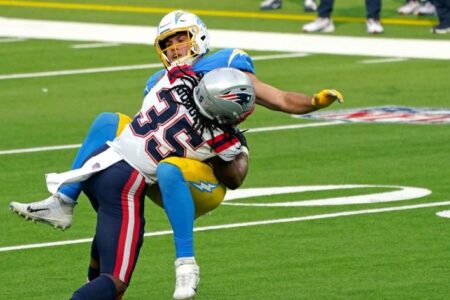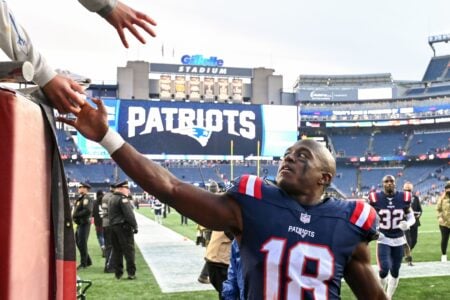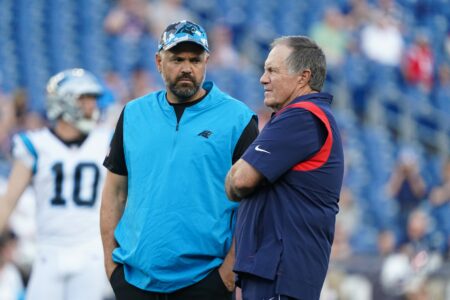- Joined
- Jan 22, 2005
- Messages
- 30,992
- Reaction score
- 15,545
In a Sport Science segment on SportsCenter, they stated that about 2.9% of all pass attempts in the NFL are intercepted. [I'm not sure how far back that number goes; if you look at just this year, the number's actually a bit higher, ~3.1%.]
In any case, using that number, they calculated the odds of a QB reaching Brady's streak of 319 passes without an INT is 1 in 11,947.
Of course, as most of us know, Brady is significantly more careful with the ball than your average QB. If you look just at the 2007 and 2009 seasons, you'd find the probability of Brady throwing an INT is about 1.8%.
So, here's the question: given that figure of 1.8 percent, what do you think is the likelihood of Brady's streak? [I was shocked when I figured out what the answer is.]
* * *
[As a hint: using the method to calculate the probability, which is not the same one Sport Science used, I get a somewhat larger figure; I actually get about 1 in 10,000 using the 2.9% figure.]
In any case, using that number, they calculated the odds of a QB reaching Brady's streak of 319 passes without an INT is 1 in 11,947.
Of course, as most of us know, Brady is significantly more careful with the ball than your average QB. If you look just at the 2007 and 2009 seasons, you'd find the probability of Brady throwing an INT is about 1.8%.
So, here's the question: given that figure of 1.8 percent, what do you think is the likelihood of Brady's streak? [I was shocked when I figured out what the answer is.]
* * *
[As a hint: using the method to calculate the probability, which is not the same one Sport Science used, I get a somewhat larger figure; I actually get about 1 in 10,000 using the 2.9% figure.]
Last edited:


















